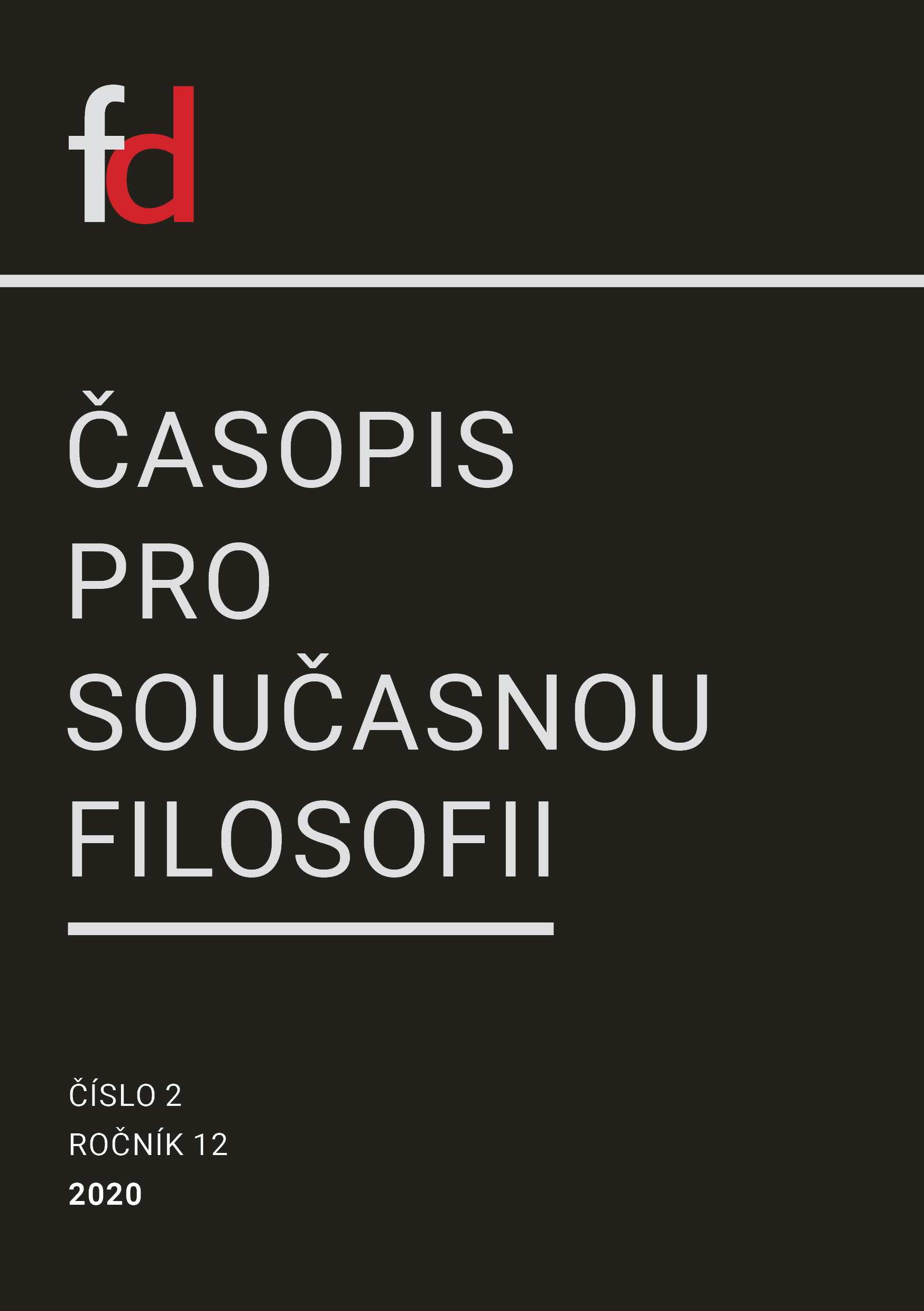Philosophical Practice In the Czech Republic
DOI:
https://doi.org/10.26806/fd.v12i2.306Abstract
The concept of philosophy has had several forms and meanings throughout the history. Besides the traditional theoretical focus, we may also encounter the approach that highlights a practical impact of philosophizing on one’s life. This text introduces the concept of philosophical practice and reflects its current situation in the Czech Republic. Authors characterize philosophical practice as a discipline of philosophy and present its possible division into subsections. They also present its historical roots, which can be found in ancient Greece. Moreover, authors introduce available sources dealing with the philosophical practice and describe how this discipline is actually practiced in the Czech Republic. Detailed attention is given to three of its sections, namely philosophy for children (P4C), philosophical workshop, and philosophical consultation. Authors present theoretical background and also reflect their own methods in these sections. The text draws primarily from scholarly literature from abroad, particularly from the manuscripts and other sources produced by philosophical practitioners. The aim of this text is to introduce the concept of philosophical practice to the Czech reader and prepare the field for further academic discussion.
Keywords: philosophical practice, dialogue, philosophy for children, P4C, philosophical workshop, philosophical consultation
Downloads
Published
Issue
Section
License
Authors who publish in this journal agree that:
1. Authors retain copyright and guarantee the journal the right of first publishing. All published articles are licensed under the Creative Commons Attribution license, which allows others to share this work under condition that its author and first publishing in this journal was acknowledged.
2. Authors may enter into other agreements for non-exclusive dissemination of work in the version in which it was published in the journal (for example, publishing it in a book), but they have to acknowledge its first publication in this journal.
3. Authors are allowed and encouraged to make their work available online (for example, on their websites) as such a practice may lead to productive exchanges of views as well as earlier and higher citations of published work (See The effect of open access).


